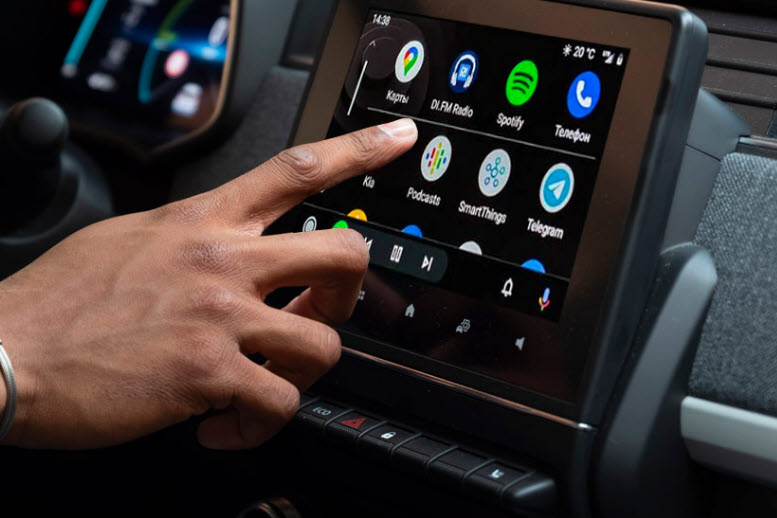Groups & Projects

Vehicle Signal Specification (VSS)
| Overview: |
Introduced in 2016, COVESA’s Vehicle Signal Specification (VSS) is a widely adopted, open data model created to normalize vehicle data (e.g., speed, tire pressure, interior lights, etc.). At its core, it is intended to be simple to understand and usable in a variety of contexts. With the mature VSS and the Data Expert Group’s guidance, COVESA strives to enable vehicle data interoperability, reduce vehicle data fragmentation, and facilitate collaboration with other industries (e.g., EV Charging, Safety, Maintenance, Fleet Operations, and Insurance) to accelerate new business opportunities and ecosystem growth. New to VSS? Check out the VSS Spotlight page. |
| Lead: | Adnan Bekan (BMW), Erik Jaegervall (Bosch) |
| Resources: |
|
| Meetings: | Weekly on Tuesday at 16:00 CET / 10:00 pm ET / 7:00 am PT (Community Calendar) |
COVESA Spotlights

Commercial fleets run on data. These fleets include a wide range of vehicle classes ranging from passenger cars, delivery vans, and heavy-duty trucks to construction equipment, and are owned and operated by a commercial entity instead of an individual....

Consumers expect the absolute best, safest, and problem-free content and experiences integrated into their digital world from their phones, smart home devices, computers, and electronic devices immediately as they become available. Why would they expect less from their vehicles? The reality today is not quite so simply in the Automotive industry and the vehicle’s data space is often messy and disconnected...

Collaboration to unify guidelines and interoperability for vehicle applications, primarily within the Android open source environment (AOSP). With mutual requirements, guidelines for APIs and reference implementations we can reduce cost and speed up time to market while enabling app developers to develop once and then easily deploy to many OEMs...
